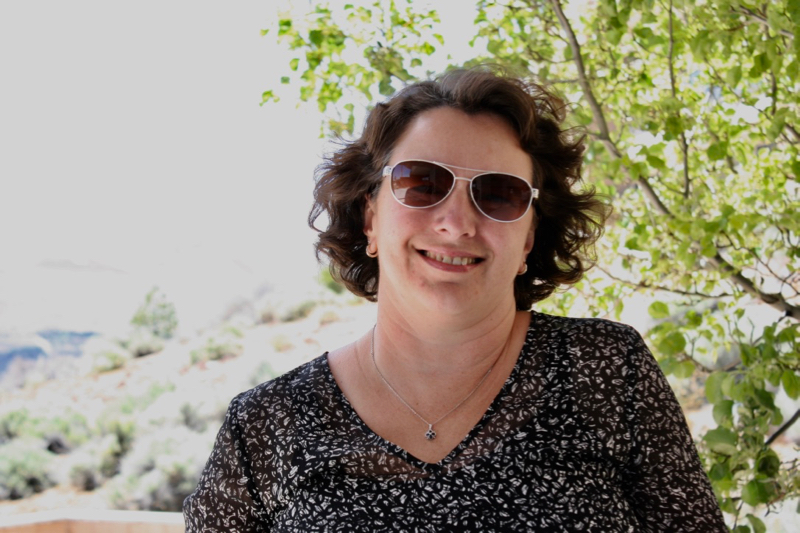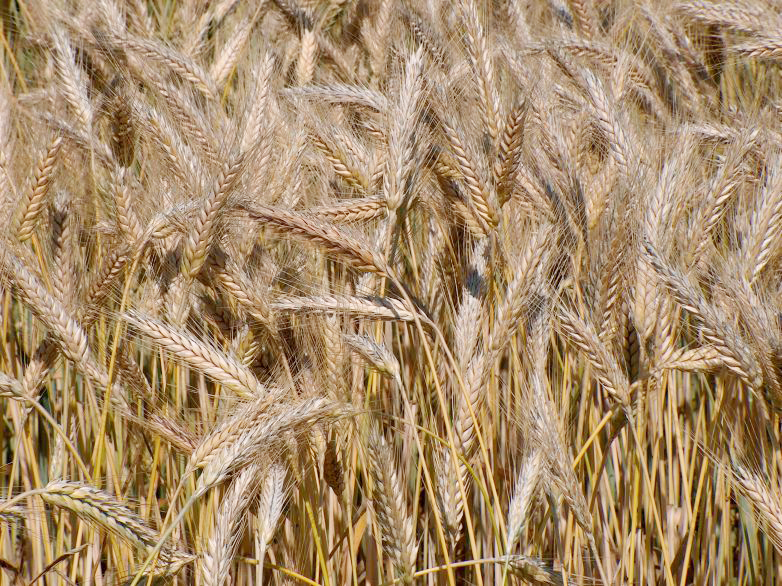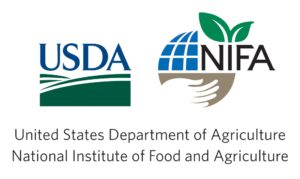Native Waters on Arid Lands Podcast
Episode 5: Economically Sustainable Agriculture with Dr. Kynda Curtis
In Episode 5 of the Native Waters on Arid Lands podcast, we speak with Dr. Kynda Curtis of Utah State University about her research on economically feasible adaptation options for agricultural producers under climate change scenarios in the Native Waters study area.
Kynda is a Professor and Extension Economist in the Department of Applied Economics at Utah State University, and the state food and agricultural marketing specialist. Listen to the podcast and read below to learn more about Kynda and her work. You can subscribe to this podcast on iTunes, Google Play and Stitcher.
Assessing agricultural strategies
As climate changes in the Southwest, agricultural producers on Tribal lands may need to make adaptations in the way that they operate — for example, selecting drought-tolerant varieties of crops for their fields, or changing the timing of planting and harvest seasons.
As part of the Native Waters on Arid Lands project, Kynda leads a group of researchers who are working to understand how changes in climate may impact existing agricultural resources on reservations, and which crops, livestock or management strategies may be the most economically feasible or profitable in the future.
To do this, Kynda and her team use NWAL’s climate projections to learn about the predicted changes in climate for nine reservations in the study area. At NWAL summits and workshops, they collaborate with tribal agricultural producers to learn about the challenges that they face and the types of information that they need.
The goal of this work, she says, is to provide critical information to tribes about the potential profitability of some of their current cropping and livestock systems, and to provide alternatives that are likely to hold up well under climate change in the future.
Exploring alternatives
One alternative that Kynda and her team are exploring is the potential for agricultural producers to shift their efforts from perennial crops to annual crops, such as triticale. Triticale is a type of grain that is used as feed for beef cattle, and also eaten by humans. The market potential for triticale, says Kynda, is good — and planting on an annual basis provides flexibility for the farmer.
“We’re starting to see that moving from perennial crops like alfalfa into annual crops like triticale could be a really good management strategy because it allows the farmer or rancher to basically change their planning every year based upon the current situation, rather than having the 5 to 8 year time horizon that they would have with a perennial,” Kynda said.
Risk and return economics
Agricultural producers must invest substantial time and money into the crops and livestock that they produce. An important part of Kynda’s research in the coming year will be to create cost-and-return budgets and risk-return analyses to help farmers and ranchers assess the economic feasibility of various proposed alternatives. In the future, this information will be provided to NWAL’s outreach and extension team for distribution to tribal members.
“I hope that we can actually provide really impactful and useful information, that’s always my goal,” Kynda said. “And we’re hoping to be able to do that. Unfortunately, the studies really say that the tribes in the Southwest region are going to be very adversely impacted by climate change, so anything we can do to preserve agriculture as a decent economic strategy by the tribes is important.”
Additional Resources
Curtis, K., S. Slocum, T. Teegerstrom, C. Bishop, and M. Landis, (2017). Innovative Food Tourism Development Strategies for Sustainability on American Indian Reservations. Journal of Food Distribution Research 48(1), 46-53.
More, on the podcast
To learn more about Kynda’s work with the Native Waters on Arid Lands project, listen to podcast episode 5, below. Music for this podcast came from Podington Bear (song title: Bit Rio) on the Free Music Archive under a Creative Commons license. For a written transcript of this podcast, please contact kelsey.fitzgerald@dri.edu.
Podcast: Play in new window | Download
Subscribe: RSS





